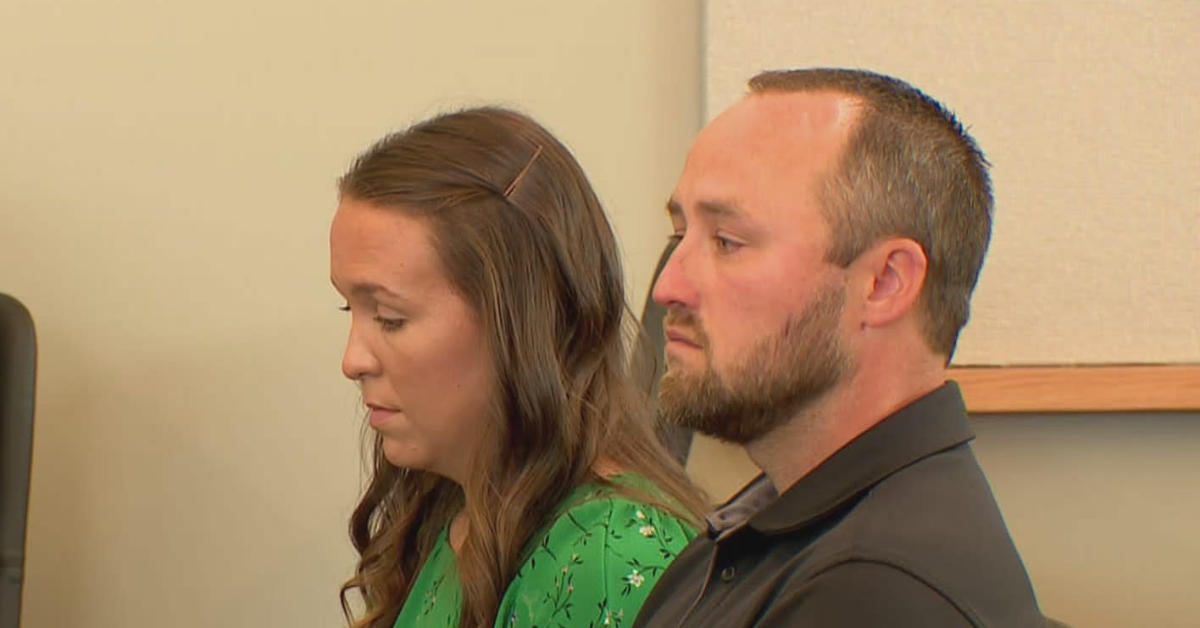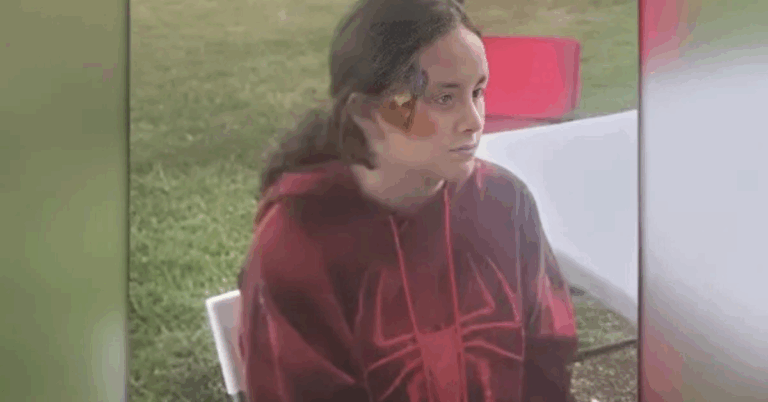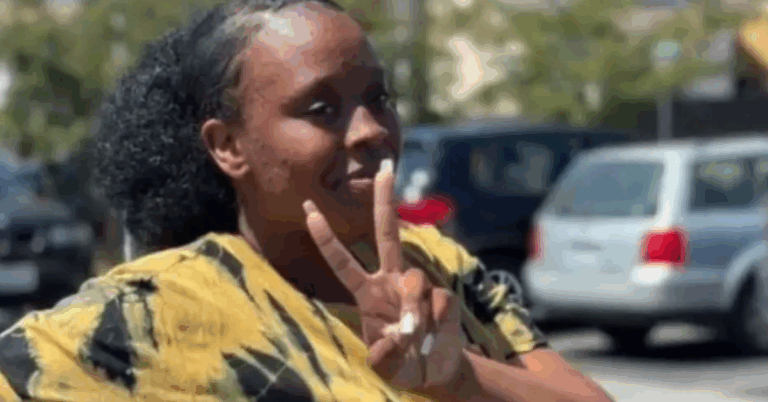
In a heartbreaking case from Oregon, a couple who relied on prayers and olive oil instead of medical treatment for their seriously ill baby have been sentenced to 30 days in jail. The child, who was critically sick, did not receive the necessary hospital care in time because the parents chose faith-based healing methods. This has sparked widespread discussion about the limits of religious freedom and the importance of medical intervention for children’s health.
The story highlights the difficult balance between respecting religious beliefs and ensuring children’s right to health and safety. Courts often face complex decisions when parents refuse medical care on spiritual grounds, but this case shows that courts can intervene when a child’s life is at risk. The sentencing aims to reinforce that neglecting proper medical care can lead to legal consequences even if motivated by faith.
Background of the Case
The couple from Oregon faced legal action after their infant showed serious signs of illness. Instead of taking the baby to the hospital, they chose to treat the child with prayer and by applying olive oil, believing this approach would heal the baby. Unfortunately, the baby’s condition worsened, leading to emergency medical intervention. Authorities determined that the parents’ refusal of timely medical treatment contributed to the child’s critical condition.
Legal experts say that while religious freedom is protected under the US Constitution, it does not extend to neglecting life-saving care for children. According to a report by NBC News, courts have the responsibility to ensure that children receive standard medical care regardless of parental beliefs.
What the Sentence Means
The couple’s 30-day jail sentence sends a clear message that relying solely on faith healing instead of seeking professional medical help can have serious consequences. While the sentence may seem short, it reflects the court’s attempt to balance justice and compassion. The parents were also ordered to comply with medical follow-ups and educational programs on child healthcare.
Experts like those quoted in CNN explain that cases like this emphasize the need for education about medical care options alongside respect for religious beliefs. This can prevent similar tragedies and ensure children get timely medical attention when needed.
The Broader Impact on Child Protection and Religious Rights
This incident has reignited debates on how child protection laws should handle cases involving faith healing. Advocates for religious freedom argue for parents’ rights to choose spiritual methods, while child welfare groups stress the necessity of enforcing medical standards to protect vulnerable children.
According to Children’s HealthWatch, timely medical care is crucial for infant survival and long-term health. When faith-based practices replace medical care without proven effectiveness, risks increase significantly. This case could prompt new laws or guidelines to clarify when government intervention is allowed.
Final Thoughts
The Oregon couple’s case serves as a somber reminder that when it comes to children’s health, faith alone cannot replace modern medicine. While everyone has the right to religious beliefs, these freedoms have limits when a child’s life is endangered. The 30-day jail sentence reinforces that neglecting medical care can bring serious legal consequences.
For families, communities, and policymakers, this case highlights the importance of balancing respect for religion with the urgent need to protect children’s health. Proper medical care is essential, and parents must understand that delays due to alternative treatments can be life-threatening.









